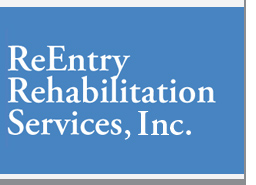Social Security Disability Insurance and Supplemental Security Income Requirements
Before Social Security even considers whether you are “disabled” according to its definition of that term, it must decide if you meet the “earnings requirement”. If you are over 30 years old when your disability began, you must show that you have worked 5 out of the last 10 years immediately before your disability began, and that you paid FICA taxes in sufficient amounts during those years. (If you were an employee, your employer would have withheld these taxes from your paychecks; if you were self-employed, you would have paid these taxes directly.) You also have to show that over the whole period of your working life, you worked long enough in jobs from which FICA taxes were paid. The older you are, the more years you will need to have worked. Different rules are used to determine whether you have worked enough years prior to the time your disability began if you are 30 years old or younger.
In SSI claims, Social Security does not evaluate whether you have worked recently and/or whether you have worked long enough to receive this benefit. Instead, Social Security considers your income and resources like things you own. Resources include such things as bank accounts, real estate other than the home you live in if you own or are purchasing your home, stocks/bonds, and cash, as well as some other items that you could convert to cash. Your resources must be worth no more than $2,000.00 for a single person or $3,000.00 for a couple for you to receive SSI benefits. Income includes any wages you might continue to receive, a portion of the wages of your spouse, any SSDI benefits you or your spouse receives, and other pensions you or your spouse might receive. It also includes food and shelter, so if another individual pays for your housing or food without an agreement that this person will be repaid, the value of the food and shelter is considered income to you. You can only have a certain amount of income in your household each month in order to receive SSI benefits. If the application is for benefits for a disabled child, portions of the parents’ income and resources are considered in determining if the resource/income limits have been met.
Information provided by Ruth K. Irvin, Attorney


